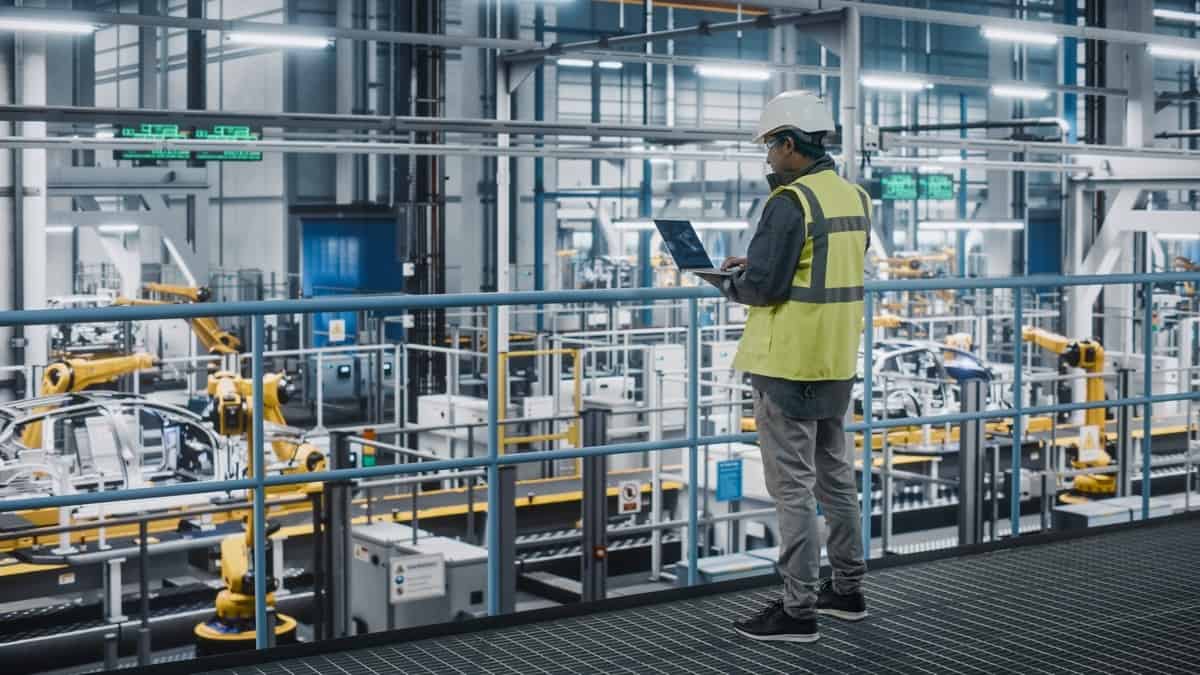UK-based EV startup Arrival has announced decisions to advance its former EVP of Digital Igor Torgov to the Chief Executive position, which took effect on January 30.
The company has also disclosed plans to reduce its global workforce by about 50% to 800 workers.
Why is Arrival’s workforce reduction necessary?
Arrival aims to restructure its business for the third time within a year as it looks to refocus its funds on its van offering for the US market. It projects to begin manufacturing in Charlotte in 2024, subject to raising further funding and US government incentives.
To achieve that, Arrival has to cut its operating costs by half to about $30 million per quarter. It will also need to maximize the use of its available monetary resources. That said, the company was compelled to cut its global workforce by around 50% to 800 staff, along with further cost-cutting in real estate and third-party expenses.
Change in leadership
A new CEO was named, as the company believes it needs a more efficient approach to designing and manufacturing EVs.
Peter Cuneo, the startup’s interim CEO, is succeeded by the company’s former EVP of digital, who has held executive positions at Atol, Bitfury, Yota, Columbus IT, and Microsoft. New CEO Igor Torgov will now oversee the company’s forthcoming corporate restructure.
“Accepting this important role at a critical point in Arrival’s journey is a significant responsibility. Arrival has developed unique technologies in a market that has huge growth potential and can play a key role in addressing climate change. To unlock these opportunities, we need to make difficult decisions and to take swift action.”
Arrival CEO Igor Torgov
Arrival stated that a business update webcast scheduled for March 9 would go into greater depth regarding its company strategy, financial forecast, and product milestones. As of December 31, 2022, Arrival had cash on hand of $205 million.
The startup’s downfall has also sparked criticism of the UK government’s lack of an industrial policy and inability to compete with the alluring subsidy programs provided by the US and the EU. Therefore, it is not unexpected that Arrival prioritized its US prospects and turned away from its UK operations.

